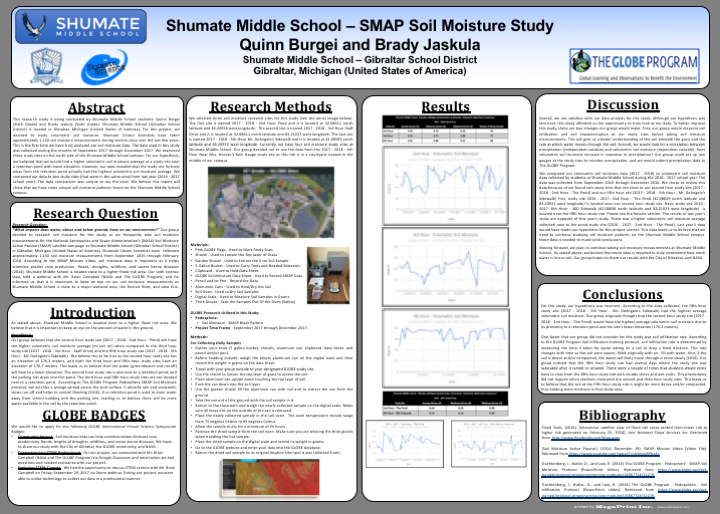Student Research: Tools, Tips, and Tricks

Engage Your Students in Science Research Projects:
1. Choose an appropriate topic:
- Encourage students to choose a project based on an area of interest them. This will make their project much more enjoyable to do.
- Provide opportunities for students to make observations in the community in which they live. This may increase their intrinsic motivation and help them to see the application of their science in their daily lives.
2. Know the Scientific Practices:
- There are some key elements that characterize science. These include: reliance on observation, having a testable question, and avoiding observer bias.
- Integrate the Science & Engineering Practices with students.
- Engage students in Claims, Evidence, and Reasoning strategies. See this NSTA link for ideas and additional tools.
3. Seek additional resources:
- Besides the Internet, there are a number of other valuable resources that are available. Consider having students consult a subject matter expert by emailing them directly for an interview via Skype, Google Hangout, etc.
- Explore the stories and narratives of scientists and STEM professionals by reading blogs and other types of media.
4. Publish your results in a clear manner:
- Be sure to display the outcome of your research in an easy to understand way. There are a number of websites that can assist you with this, such as International Science and Engineering Fair (ISEF).
- Check out this GLOBE student research project poster as a great example of a way to communicate your findings.


